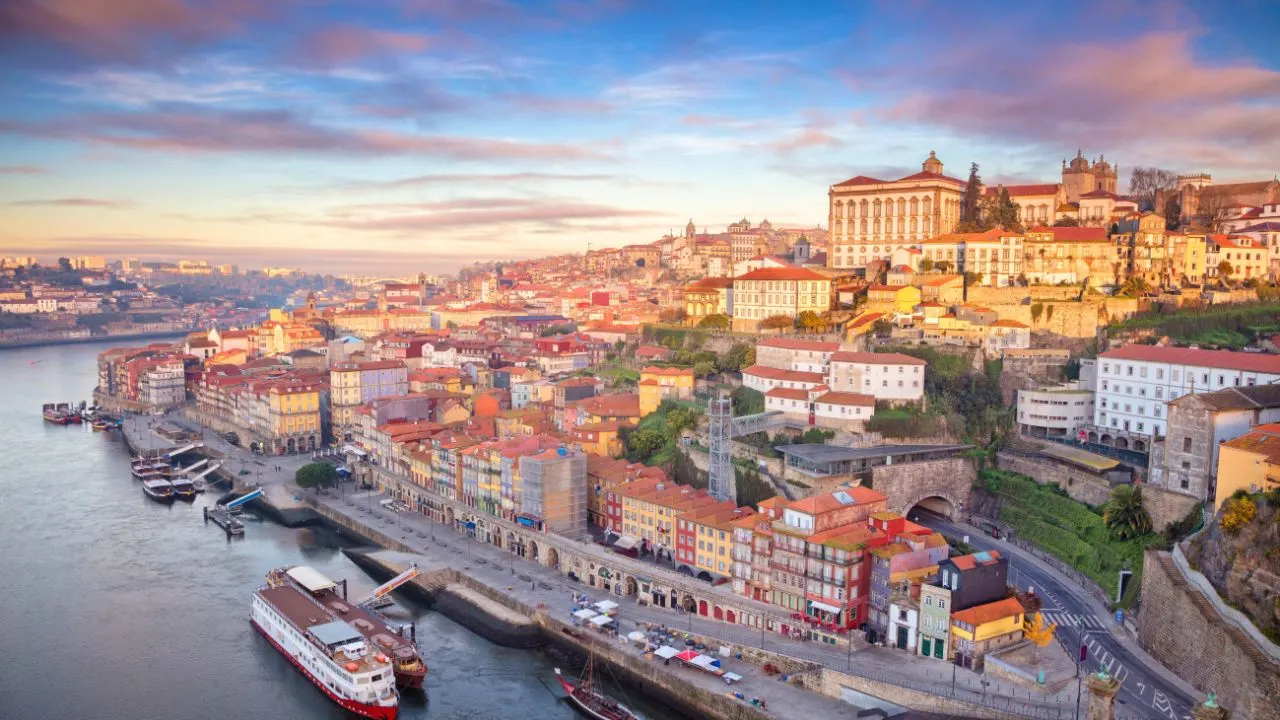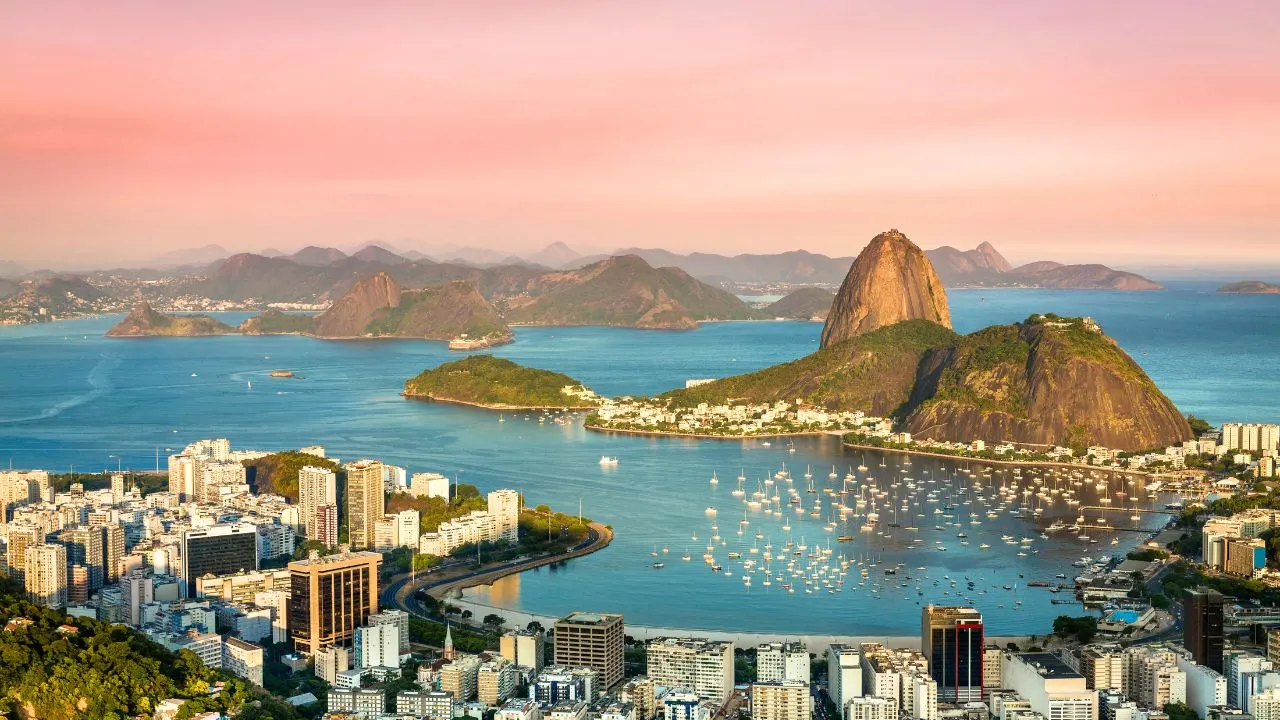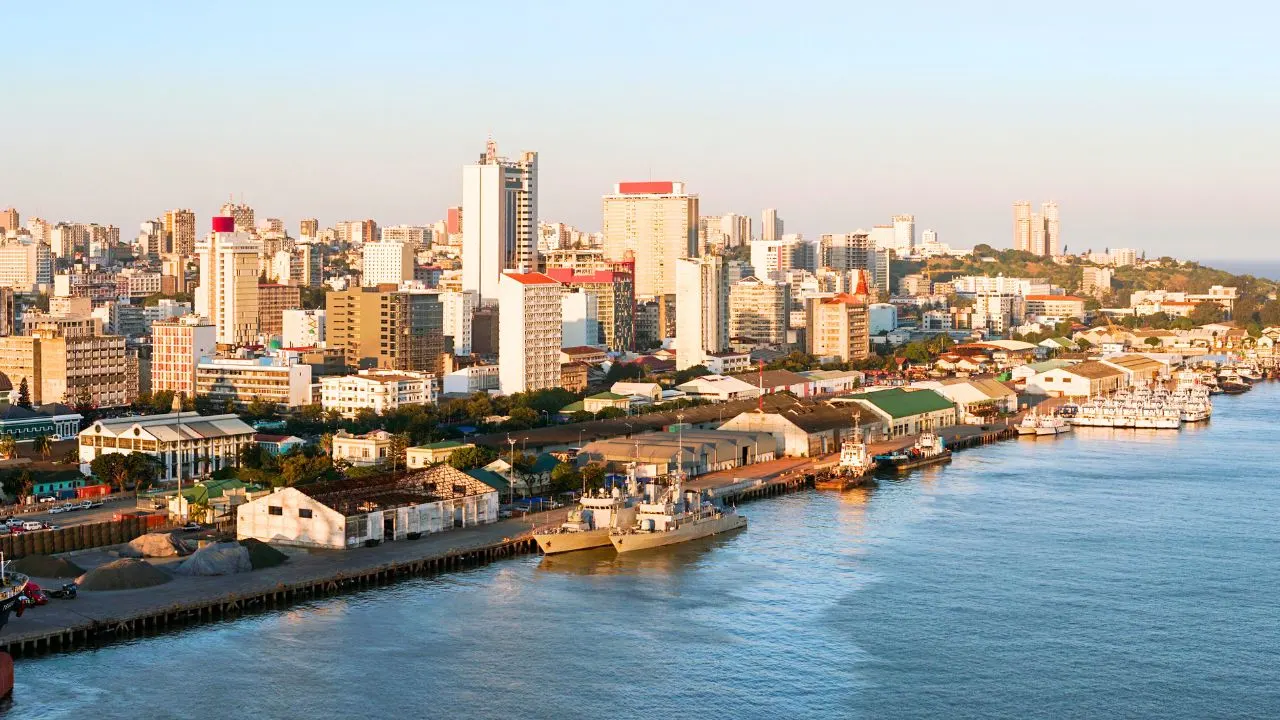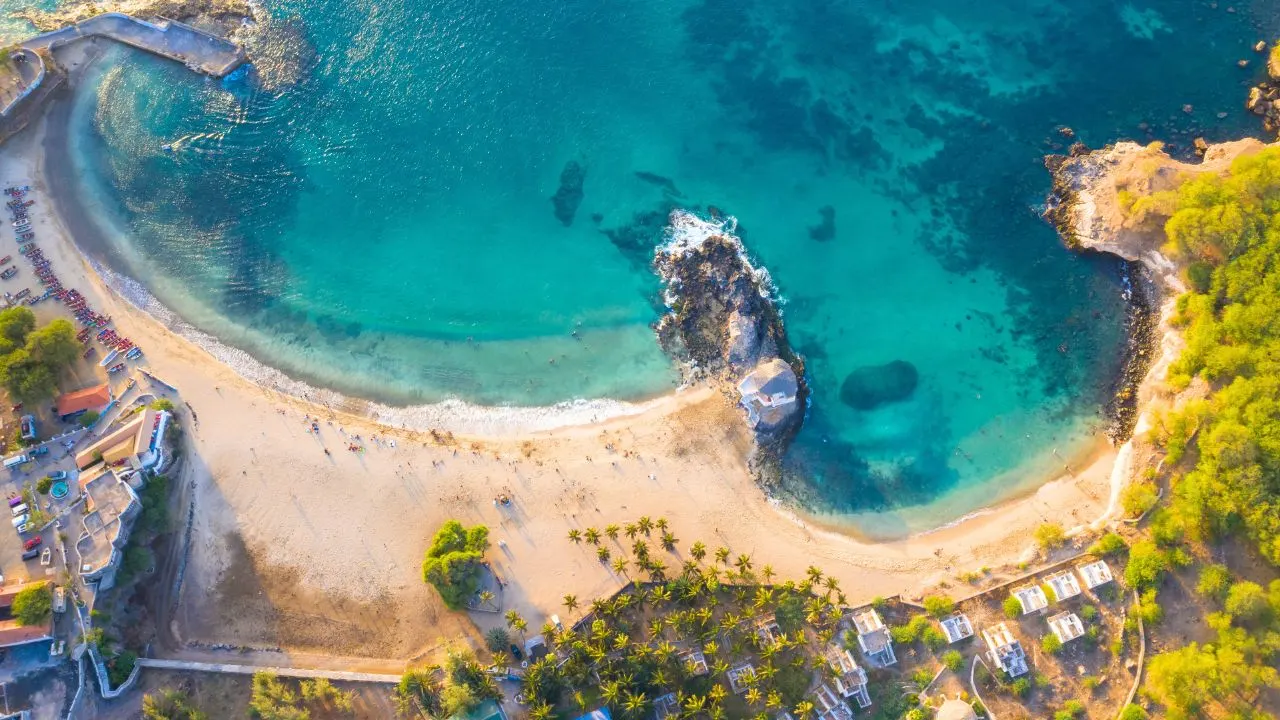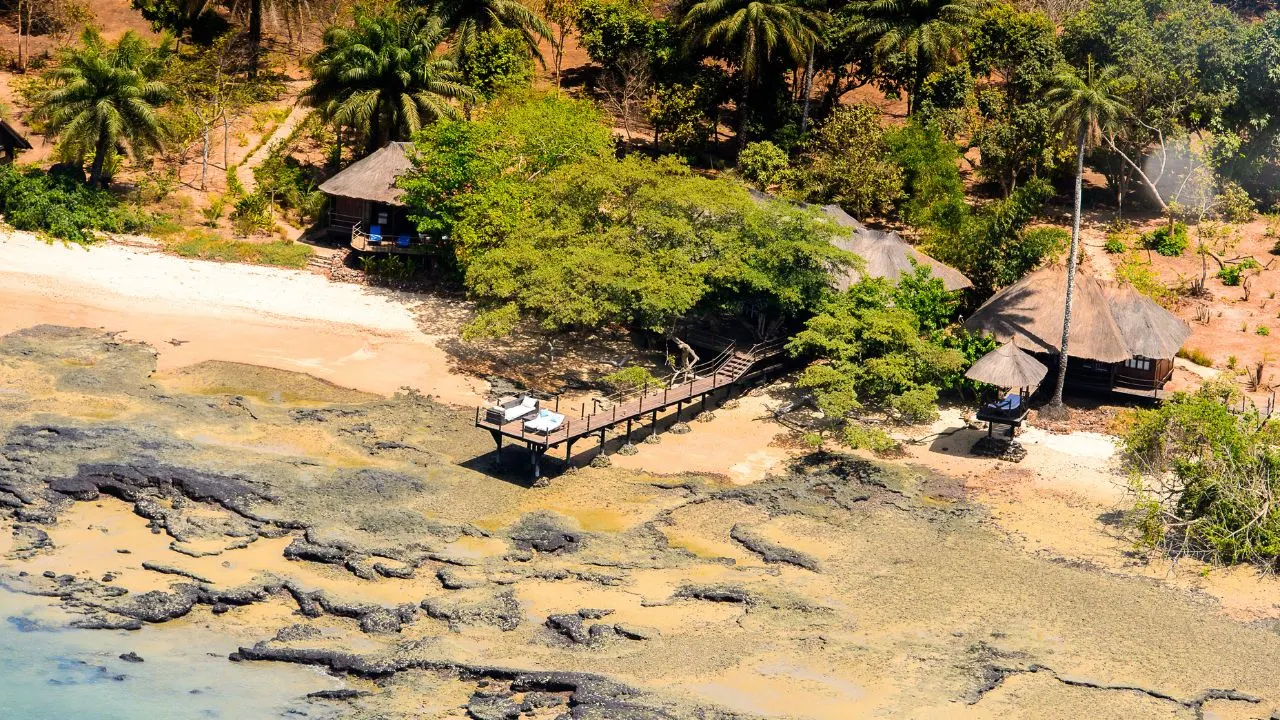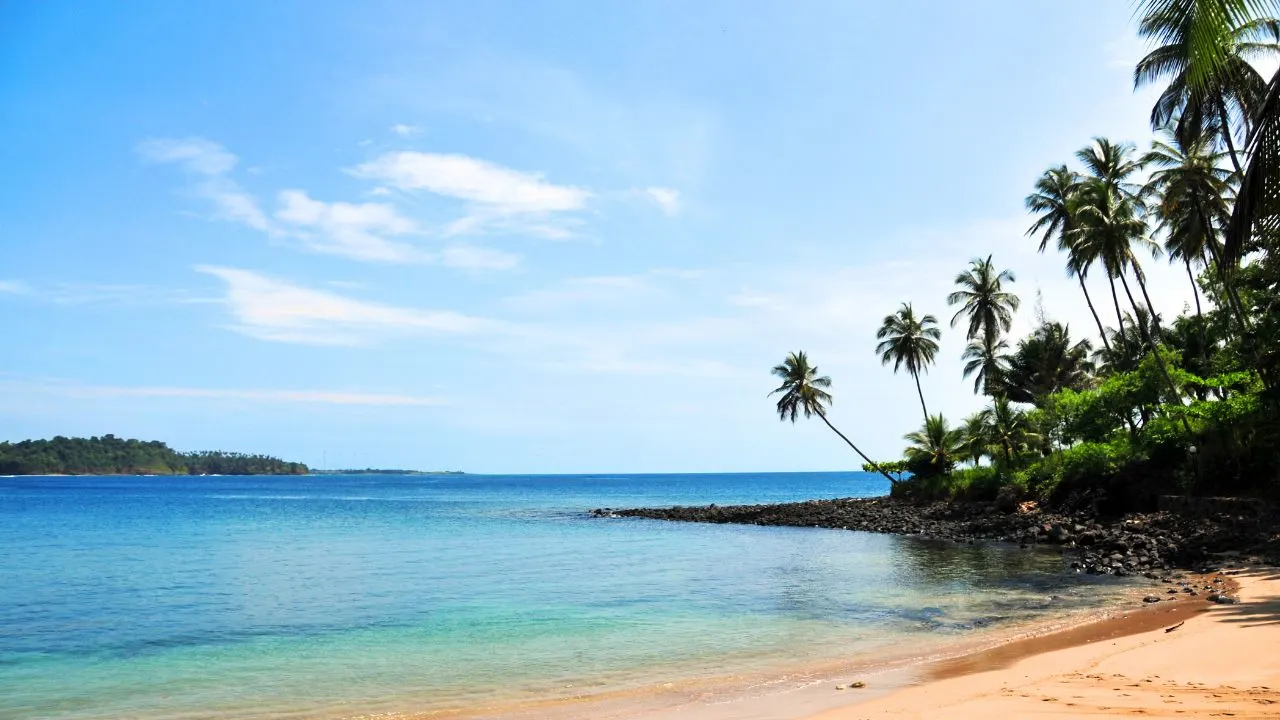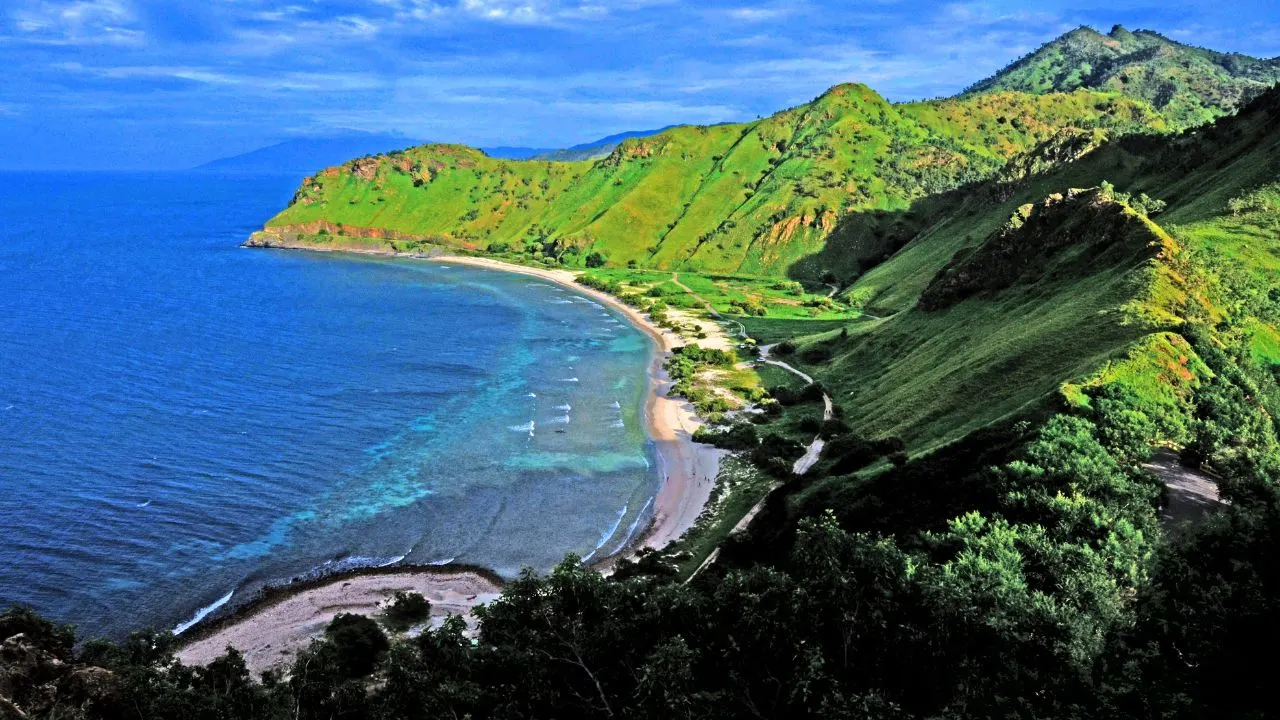Hello, adventurous explorer!
Even from Canada, where a myriad of languages converge, it’s fascinating to ponder about the global reach of Portuguese.
It’s not just confined to Portugal, but is heard in far-flung corners of the world.
Picture this: a fast and exciting soccer game in Brazil, a calming traditional song playing in Mozambique, or a serious business talk happening in Macau—and everyone is speaking Portuguese!
So, where exactly is Portuguese the official language?
Brace yourself for a journey across continents, as we delve into the wide world of Portuguese.
Let’s begin!
What Countries Do Speak Portuguese?
Portuguese is the official language in Portugal, Brazil, Angola, Mozambique, Cape Verde, Guinea-Bissau, São Tomé and Príncipe, and East Timor. Significant Portuguese-speaking communities can be found in the US, France, Canada, Paraguay, as well as Macau (China), Goa (India), and Malacca in Malaysia.
1. Portugal: The Birthplace of Portuguese
Portugal, a small but mighty country in Europe, is where Portuguese began.
It’s home to centuries of history, from medieval castles to picturesque villages, and of course, the birthplace of Portuguese.
This language has its roots in the Latin brought by Roman soldiers and settlers around 2,000 years ago.
As time went on, Latin morphed into what we now know as Portuguese. Portuguese explorers then spread their language as they traveled, trading, and colonizing.
Even today, the culture and language of Portugal have a big influence on the Portuguese-speaking world.
The accents and words used in Portugal are often seen as the ‘standard’ Portuguese. It’s the version taught in many schools and universities around the world.
Being the birthplace of the language, Portugal carries a rich literary tradition.
Famous Portuguese authors like José Saramago and Fernando Pessoa have left a significant mark on world literature, writing their renowned works in the language.
Portugal continues to be a vibrant hub for Portuguese language and culture.
2. Brazil: A Flavorful Twist on Portuguese
Brazil has not just adopted Portuguese; it has adapted it. With unique pronunciations and vocabulary, Brazilian Portuguese has a rhythm and charm all its own.
As the country with the largest number of Portuguese speakers worldwide, Brazil significantly impacts the language’s evolution, introducing unique phrases and linguistic structures.
3. Angola: Unity Through Portuguese
Angola showcases the unifying power of language. With Portuguese serving as the official language, it also becomes a lingua franca among the nation’s various ethnic groups.
In this multilingual country, Portuguese acts like a bridge. It helps different communities to communicate and feel united.
4. Mozambique: A Mosaic of Languages United by Portuguese
Despite the presence of many local languages in Mozambique, Portuguese holds a prominent position.
As the official language, it plays a crucial role in education, administration, and public life.
It’s a means to access opportunities and navigate the nation’s multicultural landscape.
5. Cape Verde: Creole and Portuguese Hand-in-Hand
In Cape Verde, language reflects the country’s vibrant cultural mix.
Most Cape Verdeans speak Cape Verdean Creole, based on Portuguese, as their mother tongue.
Yet, Portuguese remains the official language, used in education, administration, and media.
This dual linguistic approach mirrors the country’s blend of influences.
6. Guinea-Bissau: A Portuguese Foundation
Guinea-Bissau showcases the Portuguese language’s adaptability. While Portuguese is the official language, a Portuguese-based Creole is the most spoken language.
This linguistic scenario reveals the intertwined histories and the enduring influence of Portuguese on local dialects.
7. São Tomé and Príncipe: A Bilingual Approach
São Tomé and Príncipe’s linguistic landscape is a testament to the nation’s colonial history and cultural adaptability.
Portuguese is the official and national language, deeply ingrained in the country’s educational system and administration.
Yet, a Portuguese-based creole also thrives, revealing the nation’s rich cultural dynamics.
8. East Timor: A Continued Portuguese Influence
Even halfway around the world in East Timor, the Portuguese language’s legacy endures.
Portuguese, one of the two official languages alongside Tetum, symbolizes the nation’s historical ties.
Despite the geographical distance, the Portuguese language remains a significant part of East Timor’s cultural and linguistic identity.
To sum it up, there are 8 countries where Portuguese is listed and spoken as an official language. See the next section for a (visual) summary:
Countries Where Portuguese is Spoken as an Official Language (Summary)
| Country | Continent |
|---|---|
| Angola | Africa |
| Brazil | South America |
| Cape Verde | Africa |
| East Timor | Asia |
| Guinea-Bissau | Africa |
| Mozambique | Africa |
| Portugal | Europe |
| São Tomé and Príncipe | Africa |
- Portugal: Portuguese in Portugal is known as European Portuguese. It’s characterized by a wide range of vowel sounds and the pronunciation of unstressed vowels.
- Brazil: Brazilian Portuguese differs from the European variety in several aspects, including accent, pronunciation, vocabulary, and grammar. Brazilian Portuguese has been greatly influenced by Amerindian and African languages.
- Angola: Portuguese is the main language of instruction in schools and is used in government administration, media, and business across Angola. Angolan Portuguese has been influenced by local Bantu languages.
- Mozambique: Mozambican Portuguese is the variant spoken in Mozambique. It’s heavily influenced by Bantu languages and Arabic due to historical trade and cultural ties.
- Cape Verde: Cape Verdean Portuguese is heavily influenced by West African languages. The local Creole, based on Portuguese, exhibits this influence.
- Guinea-Bissau: The Portuguese-based Creole spoken in Guinea-Bissau is known as Kriol, reflecting African influences.
- São Tomé and Príncipe: São Tomé and Príncipe’s version of Portuguese is influenced by local languages and other Portuguese Creoles.
- East Timor: In East Timor, Portuguese is often used in its written form, while Tetum and Indonesian are more commonly spoken.
Countries with Large Portuguese-Speaking Communities
India: Lingering Lusophone Legacy
India, particularly Goa, carries the vestiges of Portuguese colonial history.
The older generations still speak Portuguese, and the influence is evident in Goan architecture, food, and names.
Despite Portuguese being less prevalent today, it’s an integral part of the Goan identity.
China: Portuguese Pockets in the East
In China, the Portuguese language endures predominantly in Macau.
As a former Portuguese colony, it still recognizes Portuguese as one of its official languages.
Its usage has declined over time but continues to be spoken by a minority and in official settings.
Luxembourg: A European Portuguese Enclave
In the heart of Europe, Luxembourg hosts a significant Portuguese diaspora. Initially arriving in the 1960s, Portuguese immigrants and their descendants now
constitute a considerable part of the population, preserving and promoting their language and culture.
United States: Portuguese in America
The United States has pockets of Portuguese-speaking communities, notably in Massachusetts and New Jersey, where immigrants from Portugal and Brazil have settled.
The language forms a critical part of these communities, linking them to their roots.
Canada: The Lusophone North
In Canada, Portuguese-speaking communities are prominent, particularly in Toronto and Montreal. These communities comprise immigrants from Portugal, Brazil, and
Portuguese-speaking African countries, making Canada a vibrant hub for the Lusophone diaspora.
France: French Lusophonia
Portuguese immigrants in France constitute one of the largest foreign-born communities in the country.
Cities like Paris and Lyon have neighborhoods known for their
Portuguese businesses and cultural institutions, contributing to the multicultural French society.
Portuguese is important from the African coasts to Brazil’s busy cities. It links different places all over the world.
Now you know Portuguese is spoken in many countries, not just Portugal. It’s actually a language used on different continents around the world.
In case you don’t speak (any) Portuguese yet, give our Portuguese Beginner’s Guide a shot!
Frequently asked questions about the question “What countries do speak Portuguese?
Is Portuguese spoken in Macau, China?
Yes, Portuguese is one of the official languages in Macau, a special administrative region of China. However, the majority of the population speaks Cantonese.
What’s the difference between European Portuguese and Brazilian Portuguese?
The differences lie in pronunciation, vocabulary, and some grammar rules. European Portuguese has a greater variety of vowel sounds, and some words that are used in
Portugal have different meanings in Brazil.
Are Portuguese and Spanish similar?
Portuguese and Spanish are both Romance languages and share a considerable amount of vocabulary. However, the pronunciation and grammar rules are distinct.
What kind of opportunities does speaking Portuguese offer?
Proficiency in Portuguese can enhance travel experiences, facilitate international business dealings, and open up opportunities in translation and interpretation services.
Which countries have the largest number of Portuguese speakers?
The top countries are Brazil with over 210 million speakers, followed by Portugal with 10 million. Then come Mozambique and Angola, both former Portuguese colonies with a significant number of speakers, and Guinea-Bissau.
How long does it typically take to learn Portuguese?
The U.S. Foreign Service Institute estimates that it would take an English speaker about 600-750 hours of study to become proficient in Portuguese. That equates to about 6 months of full-time study.

Hey fellow Linguaholics! It’s me, Marcel. I am the proud owner of linguaholic.com. Languages have always been my passion and I have studied Linguistics, Computational Linguistics and Sinology at the University of Zurich. It is my utmost pleasure to share with all of you guys what I know about languages and linguistics in general.


